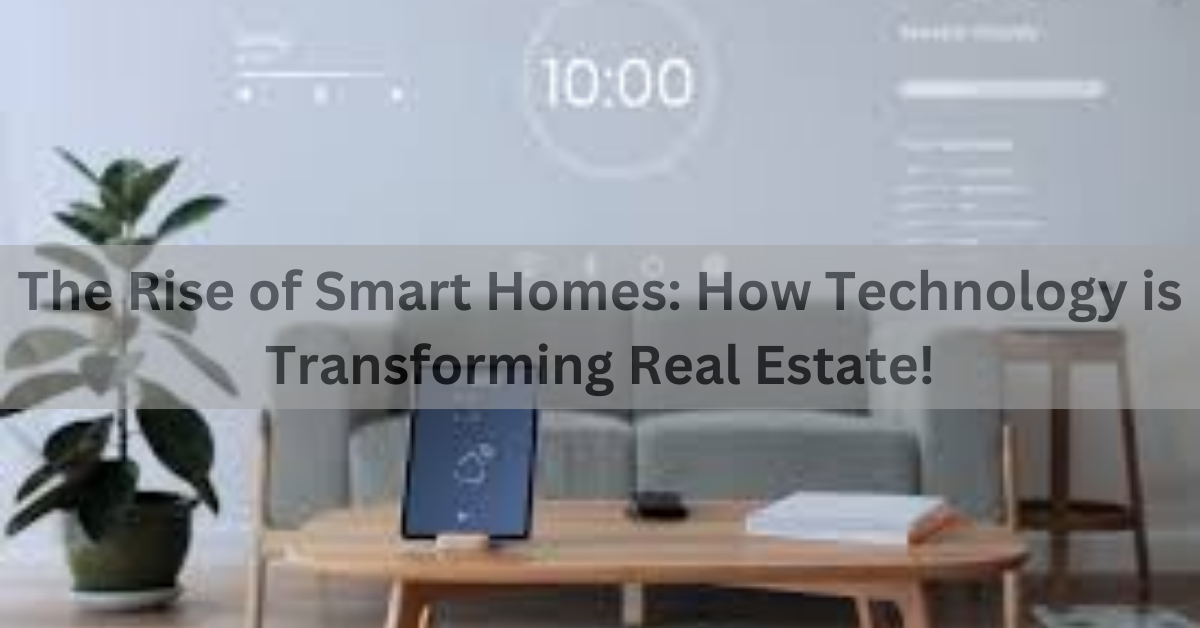Introduction to Smart Home Technology
Smart home technology revolutionizes the way we interact with our living spaces, integrating advanced devices and systems to enhance convenience, comfort, and efficiency. From controlling appliances remotely to optimizing energy usage, smart homes offer a futuristic approach to modern living.
Benefits of Smart Homes for Homeowners
Investing in smart home technology brings numerous advantages:
- Convenience: Control lights, thermostats, and security systems from your smartphone or voice commands, simplifying daily routines.
- Energy Efficiency: Smart devices like programmable thermostats and energy-monitoring systems help reduce utility bills by optimizing energy consumption.
- Enhanced Security: Monitor your home with cameras, smart locks, and motion sensors, receiving alerts and updates in real-time.
- Comfort and Ambiance: Adjust lighting, music, and temperature settings to create personalized environments tailored to your preferences.
- Remote Access: Manage home functions remotely, ensuring peace of mind whether you’re at work or on vacation.
Popular Smart Home Devices and Systems
Explore the diversity of smart home technology:
- Smart Lighting: Control brightness, color, and scheduling with smart bulbs and switches.
- Smart Thermostats: Adjust temperature settings remotely and learn your habits for efficient heating and cooling.
- Home Security Systems: Integrated cameras, doorbell cameras, and sensors provide comprehensive monitoring and deterrence.
- Voice Assistants: Devices like Amazon Alexa and Google Assistant enable hands-free control of connected devices through voice commands.
- Smart Appliances: From refrigerators to washing machines, appliances offer remote monitoring and advanced functionalities.
- Home Automation Systems: Centralized control hubs manage multiple devices, creating seamless interactions between different systems.
Impact on Property Values
Smart home technology can increase property values due to its appeal and practical benefits:
- Marketability: Homes equipped with smart technology often attract tech-savvy buyers looking for modern conveniences.
- Energy Savings: Lower utility bills and energy-efficient features appeal to environmentally conscious buyers.
- Security Enhancements: Improved safety measures and monitoring systems enhance perceived value and desirability.
- Future-Proofing: Investing in smart upgrades can future-proof your home against technological advancements, maintaining competitiveness in the market.
Future Trends in Smart Home Technology
Stay ahead with emerging trends shaping the future of smart homes:
- Integration with AI and Machine Learning: Devices will learn user preferences and adapt behaviors autonomously.
- Expansion of IoT Ecosystems: Increased connectivity among devices and platforms for seamless interactions.
- Enhanced Data Security: Robust measures to protect user data and privacy amid growing concerns.
- Focus on Sustainability: Eco-friendly solutions and energy-efficient innovations will dominate future developments.
Conclusion
Smart home technology offers unparalleled benefits, transforming houses into intelligent, responsive environments. From enhancing convenience and security to increasing property values and predicting future trends, embracing smart home innovations promises a more connected and efficient way of living. Whether you’re upgrading your current home or exploring new possibilities, integrating smart technology can elevate your lifestyle and investment in significant ways.





